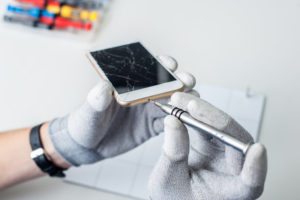 If smartphone reclaimers and refurbishers think they’re busy now, just wait until 2020. The latest worldwide market analysis from International Data Corporation (IDC) focuses on the used smartphone market, and it is forecast to grow exponentially.
If smartphone reclaimers and refurbishers think they’re busy now, just wait until 2020. The latest worldwide market analysis from International Data Corporation (IDC) focuses on the used smartphone market, and it is forecast to grow exponentially.

 If smartphone reclaimers and refurbishers think they’re busy now, just wait until 2020. The latest worldwide market analysis from International Data Corporation (IDC) focuses on the used smartphone market, and it is forecast to grow exponentially.
If smartphone reclaimers and refurbishers think they’re busy now, just wait until 2020. The latest worldwide market analysis from International Data Corporation (IDC) focuses on the used smartphone market, and it is forecast to grow exponentially.
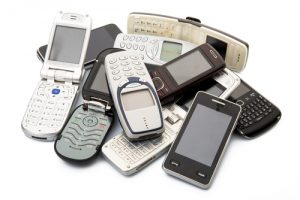 Getting old mobile devices out of Canadians’ junk drawers and into the recycling stream may be a lucrative challenge for the e-scrap industry, a survey suggests.
Getting old mobile devices out of Canadians’ junk drawers and into the recycling stream may be a lucrative challenge for the e-scrap industry, a survey suggests.
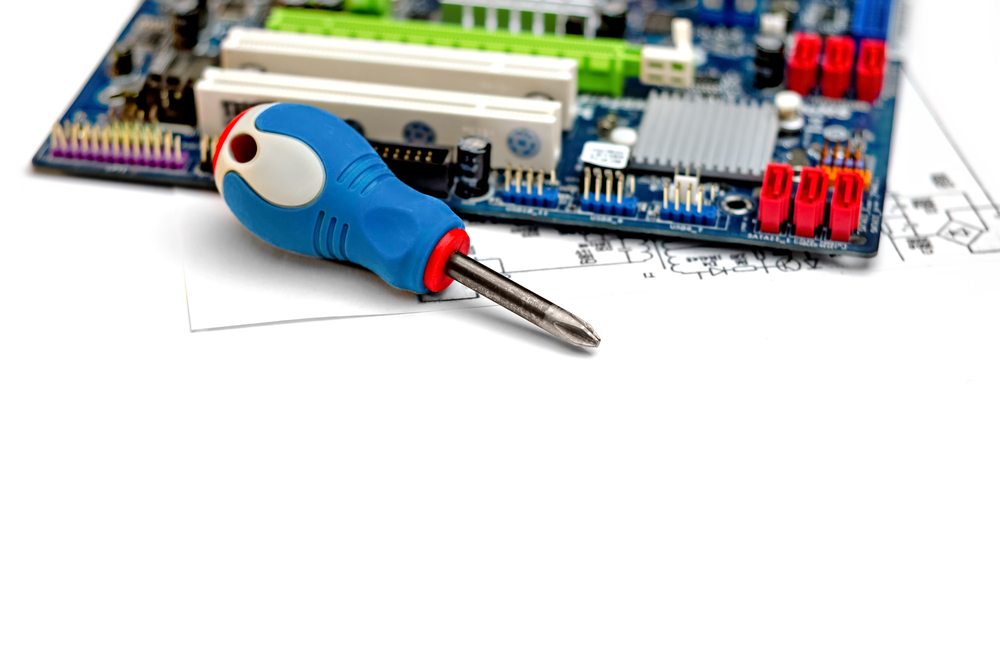 It’s been a little over a year since repair group iFixit and processor ERI teamed up to recover components from used electronics. And thus far, the effort has been successful in getting much-needed items out to the repair community.
It’s been a little over a year since repair group iFixit and processor ERI teamed up to recover components from used electronics. And thus far, the effort has been successful in getting much-needed items out to the repair community.
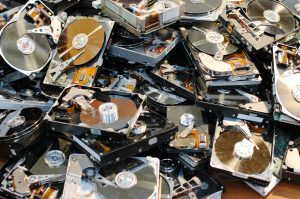 A professor has been honored by the U.S. EPA for developing a fast and low-cost method of recycling rare earth elements, including those inside electronics.
A professor has been honored by the U.S. EPA for developing a fast and low-cost method of recycling rare earth elements, including those inside electronics.
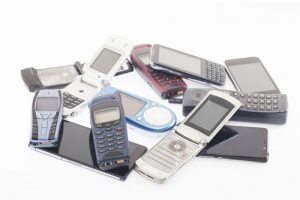 Millions of electronics sit unused in Wisconsin homes, according to a report from the state’s e-scrap program, and awareness of recycling options is growing. Continue Reading
Millions of electronics sit unused in Wisconsin homes, according to a report from the state’s e-scrap program, and awareness of recycling options is growing. Continue Reading
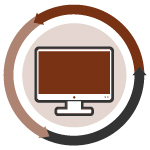 Growing volumes of Nigerian e-scrap coincide with an evolving processor field, and port workers will have an early vote on a labor contract that could bring some stability to West Coast exports.
Growing volumes of Nigerian e-scrap coincide with an evolving processor field, and port workers will have an early vote on a labor contract that could bring some stability to West Coast exports.
Don’t think intellectual property laws apply to the scrap electronics recycling and refurbishment industry? Advocates fighting for “the right to repair” have news for you.
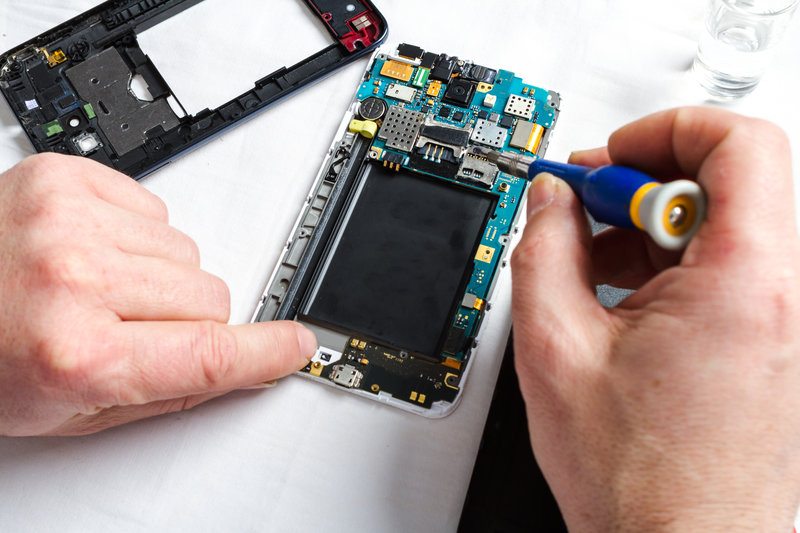 A recent survey from Greenpeace found more than half of respondents would be OK upgrading to new cellphone models less frequently. Continue Reading
A recent survey from Greenpeace found more than half of respondents would be OK upgrading to new cellphone models less frequently. Continue Reading
Bulk unlocking of cellphone and tablets for resale does not violate copyright law and should continue to be allowed, the Institute of Scrap Recycling Industries told the U.S. Copyright Office.
 Apple’s release of the iPhone 7 and the more advanced iPhone 7 Plus last September pushed consumers to let go of earlier models. Analysis from one industry firm shows how pricing for used phones has played out since then.
Apple’s release of the iPhone 7 and the more advanced iPhone 7 Plus last September pushed consumers to let go of earlier models. Analysis from one industry firm shows how pricing for used phones has played out since then.
